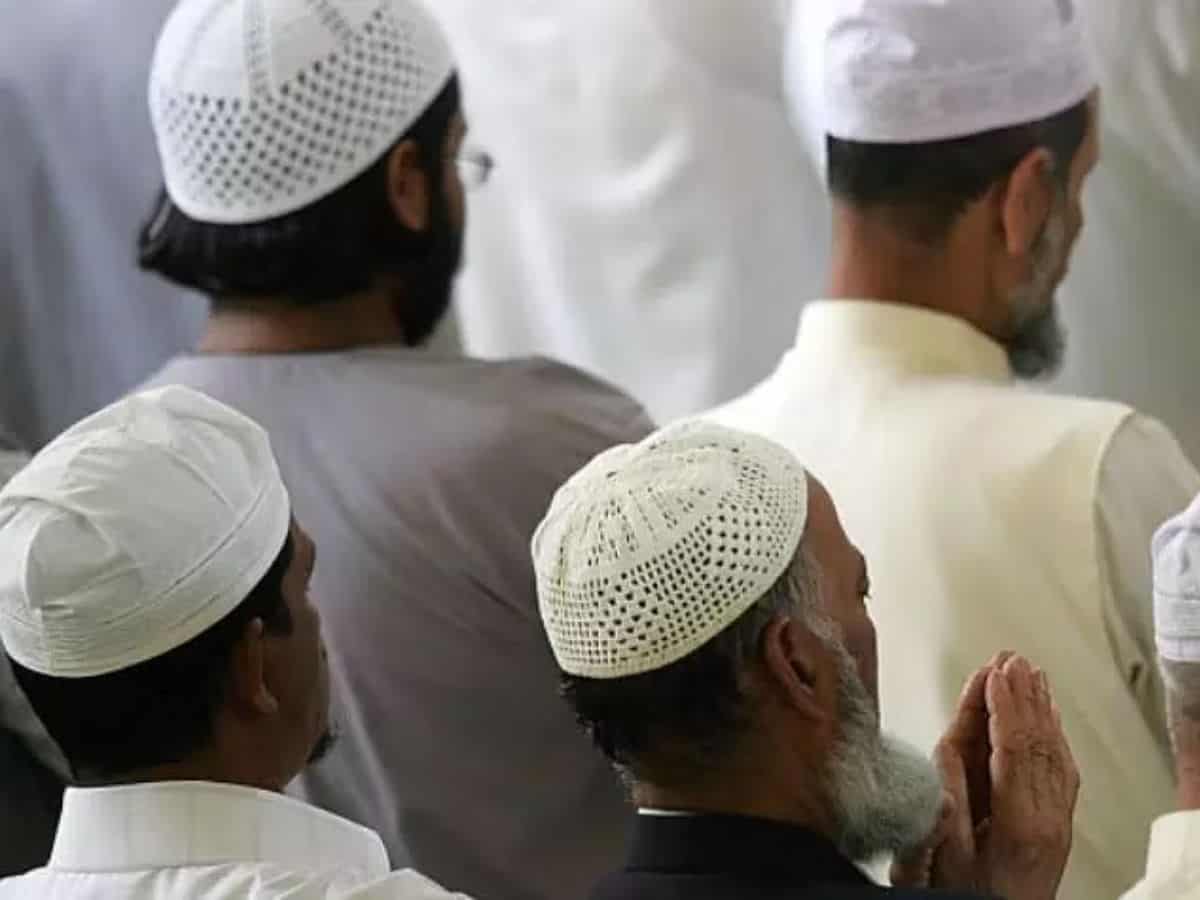
New Delhi: The Karnataka government’s decision to categorise the entire Muslim community as a backward caste for reservation purposes in the state has drawn criticism from the National Commission for Backward Classes (NCBC), which said such blanket categorisation undermines the principles of social justice.
According to the data submitted by the Karnataka Backward Classes Welfare Department, all castes and communities within the Muslim religion have been enlisted as socially and educationally backward classes under Category IIB in the State List of Backward Classes.
The NCBC, during a field visit last year, examined the state’s reservation policy for OBCs in educational institutions and government jobs.
“All castes/communities of Muslim religion of Karnataka are being treated as socially and educationally backward classes of citizens and listed as Muslim Caste separately under Category IIB in the State List of Backward Classes for providing them reservation in admission into educational institutions and in appointments to posts and vacancies in the services of the State for the purpose of Articles 15(4) and 16(4) of the Constitution of India,” the NCBC said in a statement on Monday night.
This categorisation has led to the provision of reservation benefits for 17 socially and educationally backward castes under Category I and 19 castes under Category II-A, respectively.
The NCBC said the blanket categorisation of Muslims as a backward caste undermines the principles of social justice, particularly for the marginalised Muslim castes and communities identified as socially and educationally backward.
However, the NCBC emphasised that while there are indeed underprivileged and historically marginalised sections within the Muslim community, treating the entire religion as backward overlooks the diversity and complexities within Muslim society.
“The religion-based reservation affects and works against ethics of social justice for categorically downtrodden Muslim castes/communities and identified socially and educationally backward Muslim castes/communities under Category-I (17 Muslim castes) and Category II-A (19 Muslim castes) of State List of Backward Classes. Hence, socially and educationally backward castes/communities cannot be treated at par with an entire religion,” the NCBC stated.
The NCBC also voiced concern over the impact of such reservations on the overall framework of social justice, particularly in the context of local body polls.
While Karnataka provides 32 per cent reservation to backward classes in local body elections, including Muslims, the Commission stressed the need for a nuanced approach that accounts for the diversity within these communities.
According to the 2011 Census, Muslims constitute 12.92 per cent of the population in Karnataka.



